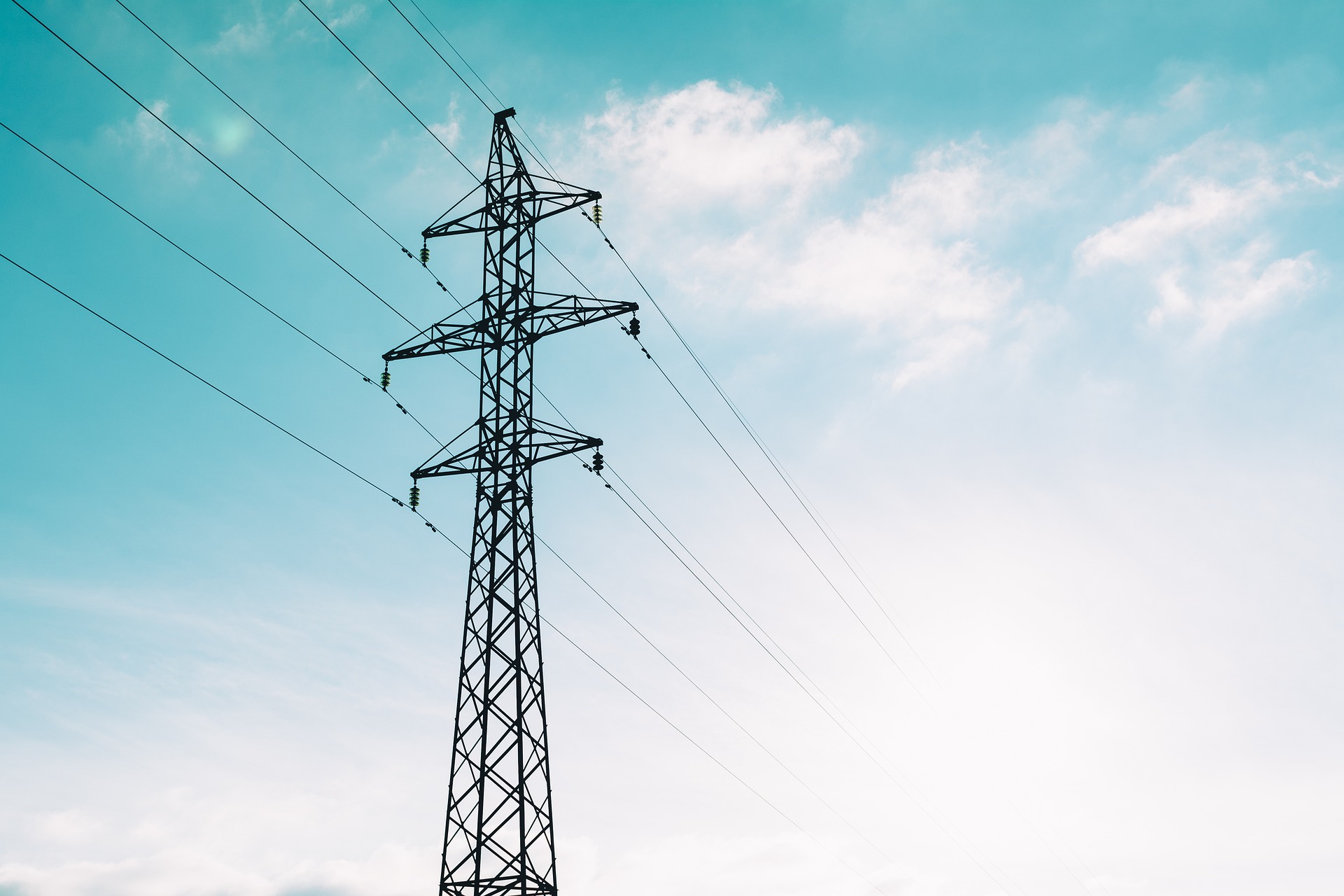Efficient power management forms the backbone of operational success across industries. As technological advancements demand higher energy reliability and optimized distribution, Power Distribution Units (PDUs) have become indispensable. These devices serve as critical infrastructure components, ensuring that energy reaches the necessary equipment without disruption. Beyond simple distribution, PDUs are equipped with advanced capabilities that enable businesses to achieve energy efficiency, enhance safety, and reduce operational costs.
Enhancing Energy Flow with PDUs
PDUs are designed to distribute electrical power effectively to connected devices, ensuring seamless energy flow and preventing circuit overloads. High-quality PDUs reduce power wastage, promote operational reliability, and support scalability to accommodate growing energy demands. They act as the backbone of power distribution in data centers, industrial facilities, and commercial setups. Reliable PDUs ensure that critical systems remain functional even during unexpected power fluctuations or increased loads.
Meeting Modern Power Needs
As industries increasingly rely on digital infrastructure, power requirements have surged dramatically. PDUs cater to these demands by providing consistent power to critical systems like servers, network devices, and high-performance machinery. The ability to allocate energy precisely to where it is needed helps mitigate the risk of downtime caused by insufficient power supply or mismanagement. For businesses, this means greater assurance that their systems will remain operational, avoiding the costly consequences of power interruptions that can affect productivity, customer satisfaction, and revenue.
Supporting Sustainability Goals
Sustainability is no longer optional for organizations striving to meet corporate social responsibility benchmarks and reduce operational costs. Modern PDUs play a pivotal role in achieving these goals by offering energy monitoring and optimization features. These devices enable businesses to track consumption patterns, identify inefficiencies, and take proactive steps to reduce energy wastage. By promoting smarter energy use, PDUs help organizations lower their carbon footprint while maintaining the operational performance required in competitive industries.
The integration of PDUs with energy management software adds another layer of sophistication, providing real-time insights and actionable data. This transparency allows businesses to align their energy practices with sustainability objectives, balancing environmental stewardship with operational efficiency.
Reducing Costs Through Efficiency
By intelligently distributing power and avoiding overloading, PDUs help organizations cut down on unnecessary energy consumption. This efficiency lowers electricity bills and extends the lifespan of connected equipment by preventing power-related wear and tear.
Data centers, in particular, stand to benefit from PDU integration. With power consumption accounting for a substantial portion of operational costs, the efficiency provided by PDUs translates into considerable financial savings over time. The initial investment in a quality PDU system is often offset by these long-term benefits, making them a wise choice for businesses focused on reducing overhead expenses without compromising performance.
Enhancing Safety and Reliability
Safety is paramount in any power management strategy, and PDUs are equipped with features that ensure protection for both equipment and personnel. Circuit breakers, overload protection mechanisms, and surge suppression capabilities are standard in most PDUs, minimizing risks associated with power fluctuations and equipment malfunctions. These safety features prevent hazards such as electrical fires, which can result from power surges or faulty wiring.
In environments with sensitive or high-value equipment, PDUs enhance reliability by maintaining stable power delivery. This reliability safeguards operations from disruptions caused by electrical issues, ensuring that systems continue to function as intended.
Adapting to Changing Technology
The rapid evolution of technology has introduced new challenges in power management. From increasing energy demands to the integration of advanced systems, businesses need power distribution solutions that can adapt to changing requirements. PDUs offer this adaptability through features such as remote management, real-time monitoring, and compatibility with a wide range of equipment.
Remote management capabilities allow administrators to oversee power usage and resolve issues without being physically present, saving time and resources. Meanwhile, real-time monitoring provides valuable insights into energy consumption trends, enabling businesses to optimize their power distribution strategies. This flexibility ensures that organizations remain agile and well-prepared to incorporate new technologies or scale their operations as needed.
Power Distribution Units are much more than simple power strips; they are advanced tools for energy management that support modern business operations. By optimizing energy flow, reducing costs, enhancing safety, and promoting sustainability, PDUs provide an all-encompassing solution for power management challenges. Investing in the right PDU system ensures that businesses can maintain reliable operations, prepare for future technological advancements, and achieve their efficiency and sustainability goals. In an era where energy demands are increasing rapidly, PDUs stand as indispensable assets for organizations seeking to maximize efficiency and reliability in their operations.

